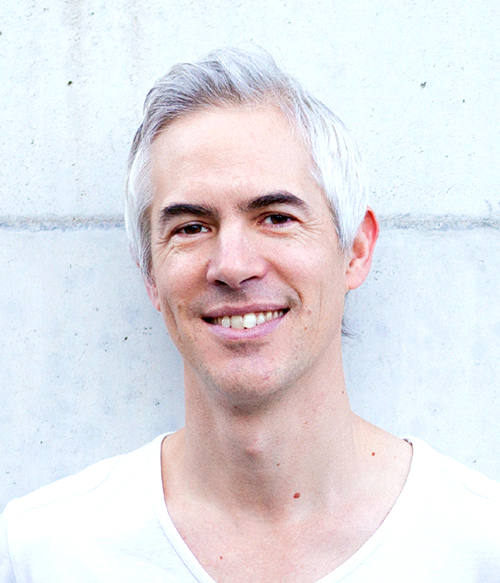This summer’s extensive and ongoing bushfires have thrust climate change back into the forefront of community concern as well as the political conversation.

Whilst we’ve all heard the warnings about carbon emissions and irrevocable ecological tipping points, it seems that all the scientific reports in the world are not as persuasive as seeing homes lost, habitats destroyed, and the sky filled with smoke. You could say we’re an “I’ll believe it when I see it” kind of society.
There can be a similarity in the disconnect when it comes to our attitudes to health. We know well enough what we ‘should’ do: eat more wholefoods, get regular exercise, drink more water and less coffee, get off our screens and out into nature. However, it’s often the case that it takes a health scare to spur us into taking action. Sometimes the delay in acting means that irrevocable damage is done, like a smoker who ignores their chronic cough and waits for the emphysema or cancer diagnosis before deciding to quit.
It usually takes many years for a disease process to develop. At the early stage of a disease progression your body will typically give you clear warning signs. There are two potential narratives that can unfold at this point. In the first you ignore the warning signs, continue to wear down your body’s resilience and wind up in the GP or specialist’s office with the grim news and unpalatable options being presented to you. In the alternative narrative you recognise that symptoms are your body’s way of telling you that something is not right, and you get advice and make changes.
It’s fair to say standard medicine can be guilty of the “I’ll believe it when I see it” mentality, too. It’s not until the pathology result comes back positive that the medication is prescribed, or the surgery booked. So much subtle information that the body is providing well before the disease process has a foothold is dismissed. Complementary medicine is more naturally attuned to listening to the subtle signs of imbalance as well as better suited to handling this stage of the disease process. So, if you know something is not right but your tests are ‘all clear’, consider getting a second opinion and a different perspective.
Is indifference to our own wellbeing and apathy to the degradation of our natural environment connected? If we treat ourselves kindly by taking time to nourish our wellbeing and as a consequence feel healthier and happier, perhaps we would extend the same kindness and reverence to our natural environment.
Editor’s note: Our rotating wellbeing and fitness columns provide advice that is general in nature. Please always refer to your preferred health professional for advice suited to your personal healthcare requirements.
Wesley Smith is the Director at Live Well Spa & Wellness Centre Manuka.
For more:








